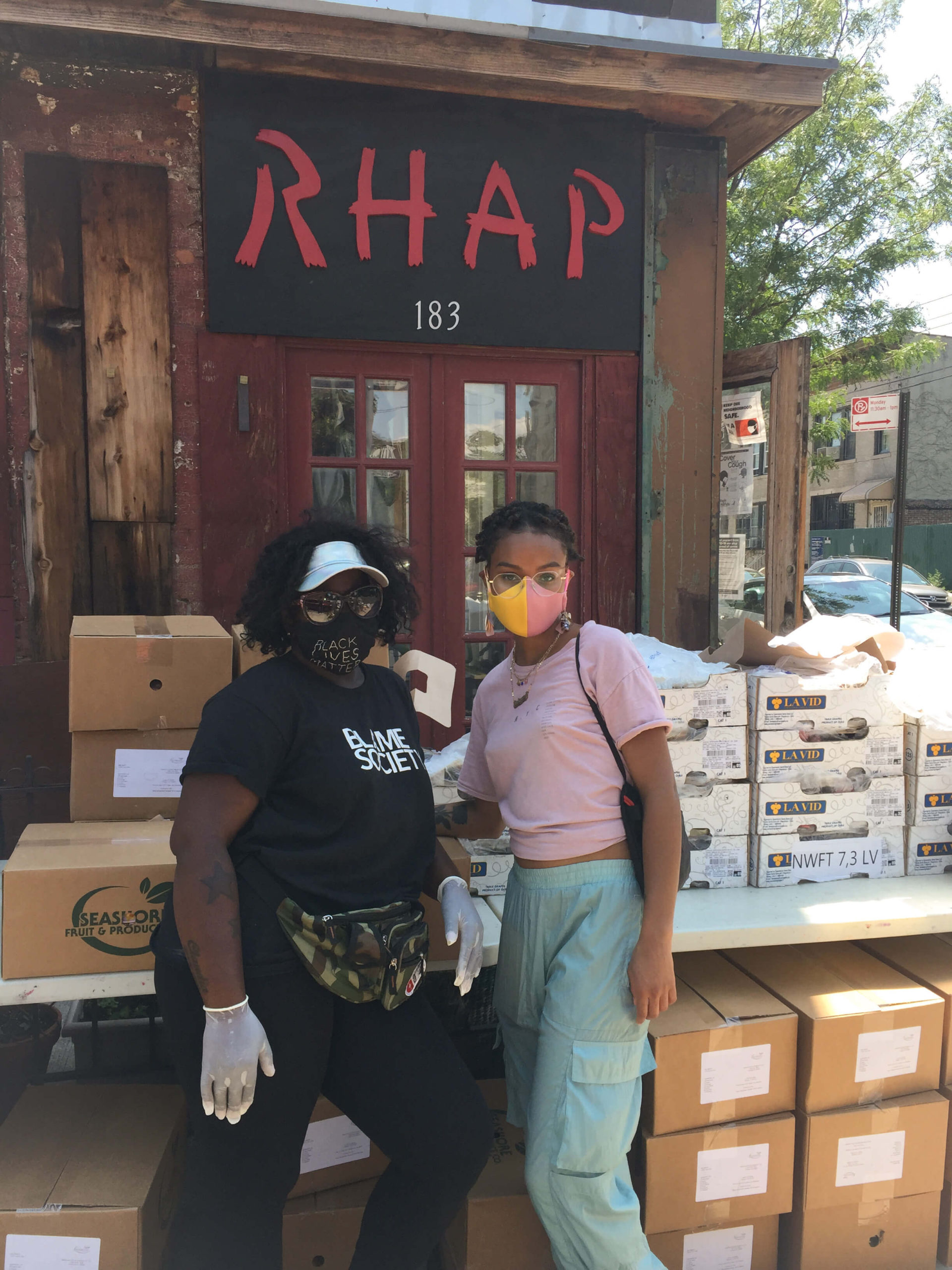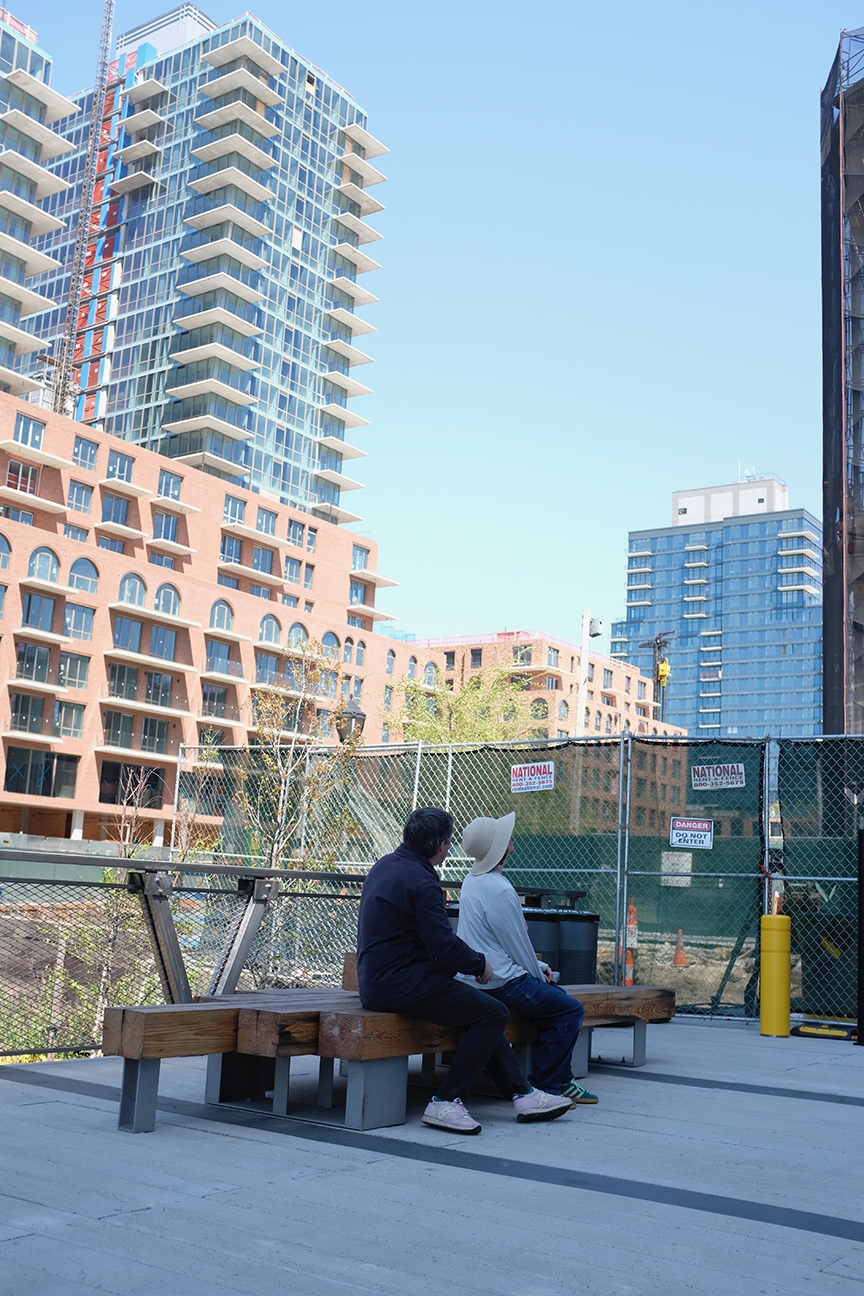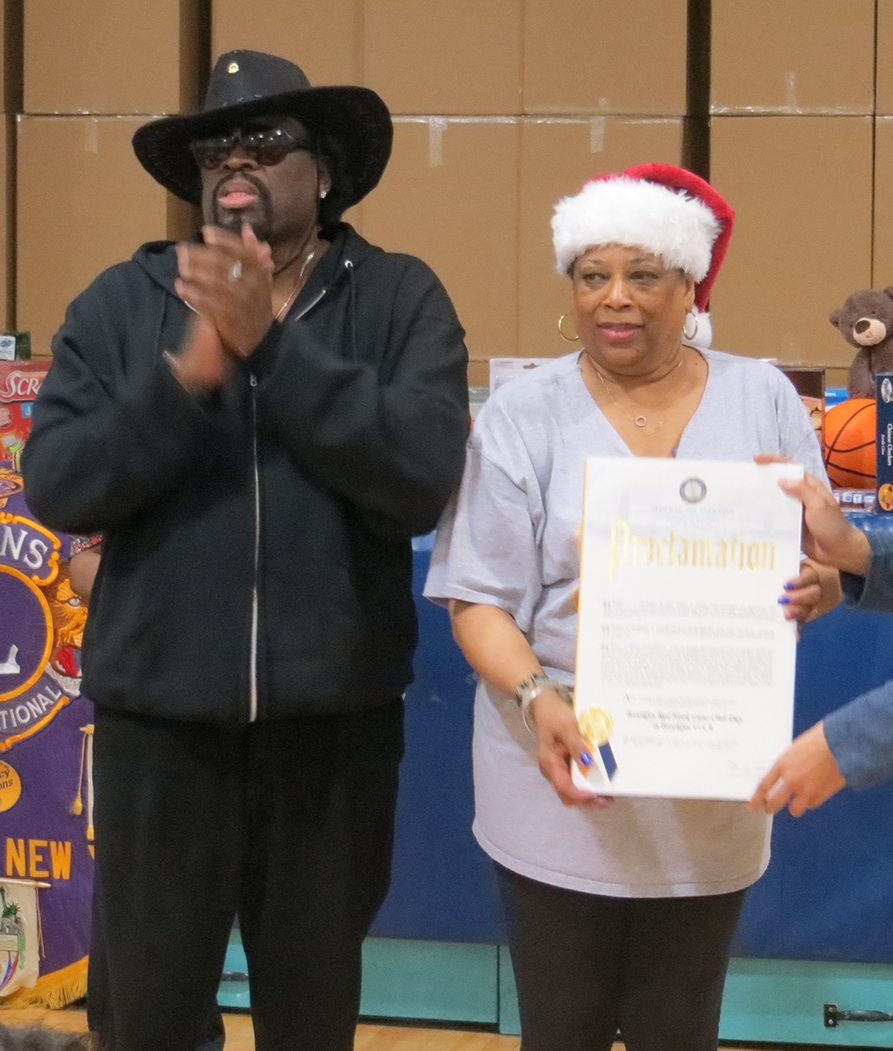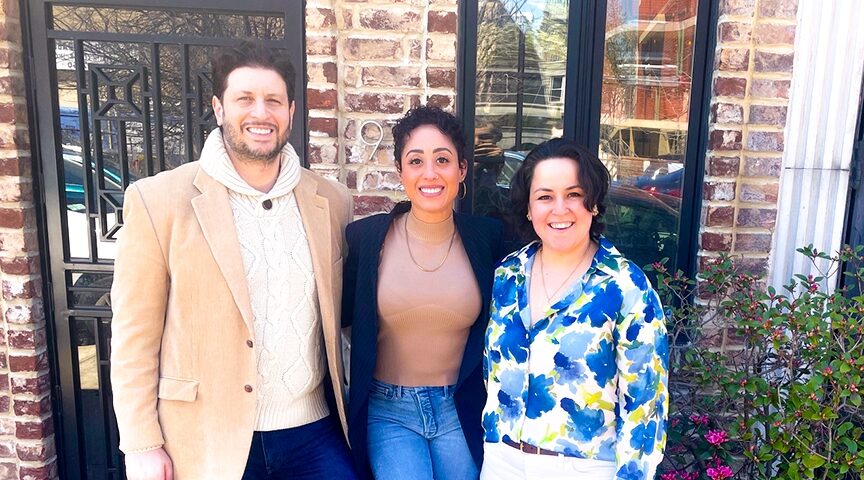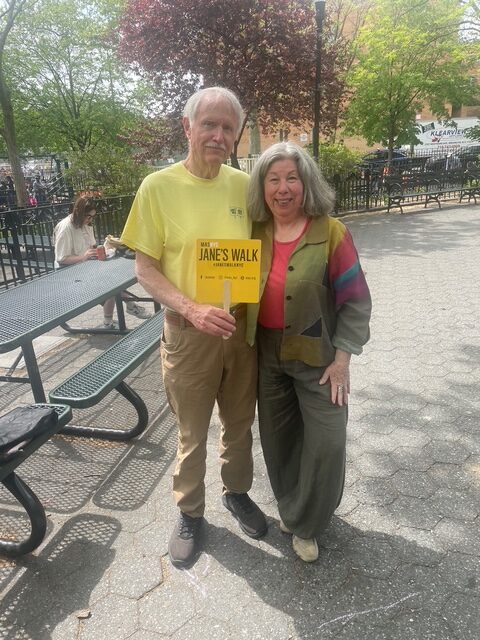The Red Hook Art Project (RHAP) pivoted very soon after the COVID-19 pandemic and like so many other institutions began to offer virtual programing.
RHAP provides free visual art, music, academic and stress management instruction after school to Red Hook students. Their classes are intentionally small, and they strive to give each student individual attention during each class.
Special attention is given to activities that build self-confidence and problem-solving skills.
Tiffiney Davis, who is the managing director of RHAP, is now using Google Classroom with the students since they are familiar with that platform.
“They use it for school so we wanted to make them feel like we are catering to what they are used to,” Davis said.
There are 51 students in the program, served by 32 volunteer mentors.
“We try not to make curriculum based projects but have every child talk about what is going on in their life and how they can add that to their art,” Davis said. “It is not about what we want as adults, it is about how we can support the students and where they are at in their creativity.”
Some recent projects or techniques that the students have been working on have included self portraits, portfolio prep, learning how to work a camera as well as six fan art. This is a challenge where one takes six characters of their choice and draws them within different panels.
The volunteers are artists, musicians, writers, doctors and other practitioners. There are also tutors who volunteer to help the talented children with their homework.
Stress management is another key part of RHAP’s program that has not stopped during virtual learning.
“We work with a licensed therapist to provide those services to our students either on a group call or on a private call,” Davis said. “It all depends on what the needs are.”
“Virtual learning is difficult sometimes since not all students have access to internet and not a lot of students have the private space that they need,” Davis said. So, it is a little challenging. But we have made it worthwhile and have made sure every student has art materials that they wish for. We continue to serve them as much as we can.”
“Every school semester students have the opportunity to fill out the application and apply for the program,” Davis said. “We do not turn our backs on any student but we are mindful of how many students we can take.”
Summer plans
During the summer, they will be expanding their services to support the greater Red Hook community, and there will be different summer workshops. They have many volunteers and because of outside assistance they are able to reach lots of people.
“We were the winner of a grant that allowed us to reach the greater Red Hook and bring in local artists to pay them to teach the next generation,” Davis said.
There has also been a food pantry happening at RHAP. There were lots of donated prepared meals as well as various fruits available for people to take outside of the building.
“Everyone has come together making sure that they are ending community hunger,” Davis said. “Different supporters, different restaurants and warehouses have been donating.”
Larger organizations aimed at giving back food that have been involved with the RHAP pantry are World Central Kitchen and City Harvest.
Activity continues at PS 676
The PS 676/Summit Academy school building, which is located at 27 Huntington Street, is closed during the summer but that does not mean activity has stopped at the school.
During the summer there will be a book lending program outside the school. This program is organized by Marie Hueston, who is the PS 676 (The Red Hook Neighborhood School) parent coordinator.
For kids and adults in the Red Hook community “Ms. Marie’s Lending Library” will be in front of the school on Tuesday and Thursday mornings from 8:30 until 10:30 a.m. This program will beginning the week of July 6.
To continue the learning for PS 676 students, teachers will be posting a list of reading and math assignments that can be done over the summer.
Author
Discover more from Red Hook Star-Revue
Subscribe to get the latest posts sent to your email.

